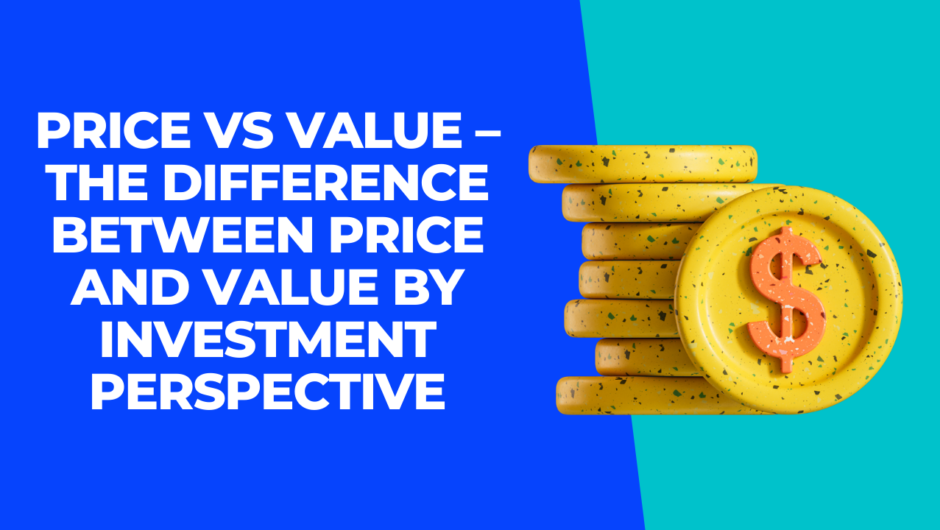When it comes to investing your money, fixed deposits (FDs) and money market funds (MMFs) are two popular options that offer different benefits and drawbacks.
Fixed deposits are a type of savings account where you deposit a lump sum of money for a fixed term at a predetermined interest rate. The interest rate is usually higher than a regular savings account but is fixed for the term of the deposit. FDs are considered low-risk investments, and the returns are guaranteed.
Introduction
When it comes to investing your money, there are numerous options available, and it can be challenging to decide which one is best suited for you. Fixed deposits (FDs) and money market funds (MMFs) are two popular investment options that offer different benefits and drawbacks. FDs are a type of savings account where you deposit a lump sum of money for a fixed term at a predetermined interest rate, while MMFs are a type of mutual fund that invests in low-risk, short-term debt securities. This article will explore the benefits, risks, and factors to consider when choosing between FDs and MMFs to help you decide which one is the right investment option for you.
What are Fixed Deposits?
Fixed Deposits, commonly referred to as FDs, are a type of savings account offered by banks and financial institutions that allow individuals to deposit a lump sum of money for a fixed term at a predetermined interest rate. The term of the deposit can range from a few months to several years, and the interest rate is usually higher than that offered by a regular savings account. The interest rate on FDs is fixed for the term of the deposit, which means that it will not change regardless of any fluctuations in the market. FDs are considered to be low-risk investments as the returns are guaranteed, and the principal amount is insured by the government up to a certain limit. However, FDs typically have a penalty for early withdrawal, and the interest earned may be subject to tax depending on the individual’s tax bracket.
What are Money Market Funds?
Money Market Funds, commonly referred to as MMFs, are a type of mutual fund that invests in low-risk, short-term debt securities such as treasury bills, commercial papers, and certificates of deposit. MMFs are managed by financial institutions, and the fund’s objective is to provide investors with a high level of liquidity, low volatility, and a modest rate of return. MMFs are considered to be low-risk investments as they invest in short-term securities with high credit quality, making them less susceptible to interest rate fluctuations and credit risk. MMFs typically offer easy and quick redemption, which makes them an ideal option for short-term investors looking to park their money for a brief period. However, MMFs are not guaranteed by the government, and the returns may fluctuate depending on market conditions. MMFs may also have fees and expenses, which can impact the overall returns.
Benefits of Fixed Deposits
Here are some benefits of Fixed Deposits (FDs):
- Guaranteed Returns: FDs offer a fixed rate of interest that is guaranteed for the entire term of the deposit, which means that you know exactly how much you will earn on your investment.
- Low Risk: FDs are considered to be low-risk investments as they are not subject to market fluctuations and the principal amount is insured by the government up to a certain limit.
- Flexibility: FDs are available in various terms, ranging from a few months to several years, allowing investors to choose a term that best suits their needs.
- Regular Income: FDs offer a fixed rate of interest, which can provide investors with a regular source of income if the interest is paid out periodically.
- Tax Benefits: FDs offer tax benefits under Section 80C of the Income Tax Act, which allows investors to claim a deduction on the amount invested.
- Ease of Investment: FDs can be easily opened at a bank or financial institution, and the documentation required is minimal.
Risks and drawbacks of Fixed Deposits
Here are some risks and drawbacks of Fixed Deposits (FDs):
- Low Returns: FDs offer relatively lower returns compared to other investment options like equities or mutual funds, which means that investors may miss out on potential higher returns.
- Fixed Term: Once you invest in an FD, you cannot withdraw your funds before the maturity date without incurring a penalty. This lack of flexibility can be a disadvantage if you require the funds urgently.
- Inflation Risk: FD returns are fixed, which means that they may not keep up with inflation, which reduces the real value of your returns.
- Interest Rate Risk: FD returns are fixed for the entire term of the deposit, which means that if interest rates rise during the term of the deposit, you may miss out on higher returns.
- Tax Implications: The interest earned on FDs is taxable, and depending on your tax bracket, the post-tax returns may be lower than expected.
Benefits of Money Market Funds
Here are some benefits of Money Market Funds (MMFs):
- High Liquidity: MMFs offer high liquidity, which means that investors can easily buy and sell units at the current net asset value (NAV) without incurring significant transaction costs.
- Low Risk: MMFs invest in low-risk, short-term debt securities with high credit quality, making them less susceptible to interest rate fluctuations and credit risk.
- Diversification: MMFs invest in a diversified portfolio of securities, which helps to reduce the overall risk of the investment.
- Regular Income: MMFs offer a regular source of income through the distribution of interest income generated from the portfolio of securities.
- Easy Access: MMFs can be easily accessed through most banks and financial institutions, and there is no lock-in period or penalty for early withdrawals.
- Professional Management: MMFs are managed by professional fund managers who have the expertise and knowledge to make investment decisions that can benefit investors.
Risks and drawbacks of Money Market Funds
Here are some risks and drawbacks of Money Market Funds (MMFs):
- Low Returns: MMFs typically offer lower returns compared to other investment options like equities or mutual funds.
- Interest Rate Risk: MMFs are exposed to interest rate risk, which means that if interest rates rise, the returns on the fund may decrease.
- Credit Risk: Although MMFs invest in low-risk securities, there is still a risk of default by the issuer, which can impact the returns on the fund.
- Inflation Risk: The returns on MMFs may not keep up with inflation, which can reduce the real value of your returns.
- Not Guaranteed: MMFs are not guaranteed by the government, which means that investors may not receive their full investment back in case of fund losses.
- Fees and Expenses: MMFs may have fees and expenses, such as management fees and transaction costs, which can impact the overall returns.
Conclusion: Which One is Right for You?
Choosing between Fixed Deposits (FDs) and Money Market Funds (MMFs) depends on your investment objectives, risk tolerance, and investment horizon.
Also Read:
- WHAT ARE THE 5 BEST INVESTMENTS IN INDIA?
- HOW CAN I PLAN MY FINANCIAL FUTURE IN INDIA?
- What is Bitcoin SV? BSV Price prediction 2025 to 2030
- Employee evident fund (EPF): Everything you need to know.

Hello, I am Tanisha Kriplani, graduated in computer science from Delhi University. I am passionate about web content writing and have a strong interest in Data Analytics and Data Engineering.












